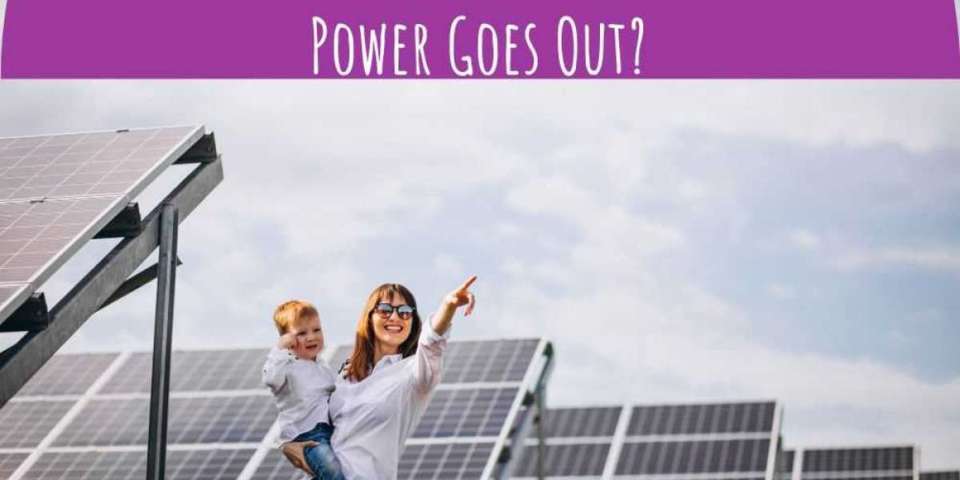Solar energy has become a key player in the transition towards renewable energy sources.
Understanding Solar Energy
What is solar energy?
Solar energy harnesses the power of the sun to produce electricity. Solar panels, also known as photovoltaic panels, convert sunlight into direct current (DC) electricity.
How does a solar panel work?
Solar panels work by allowing photons, or particles of light, to knock electrons free from atoms, generating a flow of electricity. The more intense the sunlight, the greater the flow of electricity.
Solar Power and the Grid

Connection to the power grid
Typically, solar power systems are connected to the electrical grid. When your panels produce more electricity than you need, the excess is sent back to the grid.
Role of the Grid in solar power distribution
The grid acts as a sort of 'energy bank'. In exchange for the power you send, the utility company gives you credits that can be used when your panels aren't producing electricity, like at night.
The Scenario of Power Outage
Common reasons for power outages
Power outages can be caused by storms, equipment failure, or grid maintenance. But, what happens to solar panels during an outage?
Impact of power outages on solar panels
During a power outage, standard solar systems automatically shut off, a process known as "anti-islanding". This is to protect workers fixing the outage from being electrocuted by your panels feeding power back into the grid.
Solar Power during Power Outages
Standard solar power systems
Without a battery backup, standard solar systems will not operate during a power outage, even if the sun is shining.
Battery backup systems
Solar systems with a battery backup can store excess power produced during the day. This stored power can be used during a power outage, or at night.
Solar inverters
An inverter converts DC electricity from your panels (or your batteries) into alternating current (AC), which can be used by your home appliances.
Navigating Power Outages with Solar Energy
Understanding grid isolation
Modern inverters can isolate your home from the grid during an outage, allowing your solar panels and battery backup to power your home independently.
Advantages of battery backup
With battery backup, you're in control. You'll have power during an outage, reducing your reliance on the grid.
The role of a hybrid system
A hybrid solar system, which includes a battery backup and connection to the grid, offers the best of both worlds. You can store excess power, draw from the grid when necessary, and keep your lights on during an outage.
The Future of Solar and Power Outages

Emerging technologies in solar power
Technologies like Tesla's Powerwall or Sonnen's ecoLinx offer smart home energy solutions, integrating solar power, battery storage, and home energy management systems.
The role of smart grids
In the future, smart grids will allow better communication between energy producers and consumers, improving efficiency and resilience during power outages.
Conclusion
Solar power systems are typically designed to shut down during a power outage for safety reasons. However, with the right equipment, such as battery backup systems and modern inverters, your solar panels can continue to provide power, keeping your lights on even when the grid goes dark.
Frequently Asked Questions
Can solar panels work at night?
Solar panels require sunlight to generate electricity and do not work at night. However, with a battery storage system, solar energy generated during the day can be stored for use at night.
Do all solar panels turn off during a power outage?
Standard grid-tied solar systems will turn off during a power outage. Systems equipped with battery storage and an inverter capable of forming a 'microgrid' can continue to operate.
Can I install a battery backup system to my existing solar power system?
Yes, it's possible to retrofit a battery backup system to your existing solar power system.
What is a hybrid solar system?
A hybrid solar system combines a grid-connected solar system with battery storage. This allows for electricity generation from solar panels, power storage in batteries, and the ability to draw from the grid when necessary.
Are there incentives for installing solar with battery backup?
Many regions offer incentives for installing solar panels and battery storage systems, like tax credits or rebates. Check with local regulations and providers for specific opportunities in your area.



